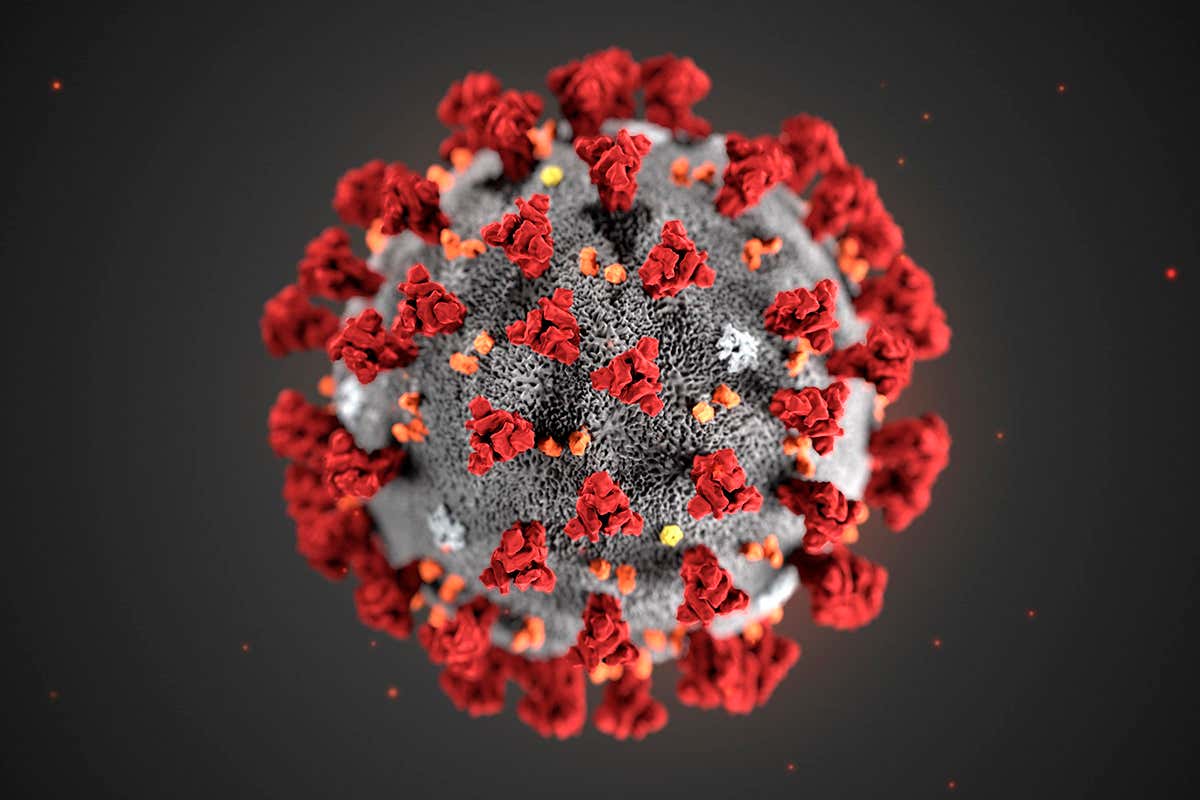A new report on the new coronavirus pandemic in Africa, presented by Partnership for Evidence-Based COVID-19 Response (PERC), reveals the multidimensional challenges faced by the people on the continent and makes recommendations to governments on how to manage the public health crisis to lessen its burden on their citizens. According to the report, most African Union (AU) Member States swiftly implemented public health and social measures (PHSMs) to contain COVID-19; these measures likely slowed the spread of the virus, and caseloads in Africa have remained lower than projected.

Though many governments have since loosened restrictions, allowing some economic activity to resume, new research from the Partnership for Evidence-Based COVID-19 Response (PERC) highlights substantial indirect burdens of the virus across Africa and offers recommendations to governments as countries scale up or scale down PHSMs to control the pandemic.
Almost half of people surveyed reported to have skipped routine care during the pandemic, according to PERC’s latest report -the second in its “Using Data to Find a Balance” series-which draws from a survey of more than 24,000 adults in 18 AU Member States, as well as social, economic and epidemiological data from a range of sources.
Up to 70% respondents reported problems accessing food in the past week, and just as many survey respondents reported earning less money compared to the same time last year. Still, support for PHSMs remained strong, and 85% of respondents reported wearing a face mask in the previous seven days.
“African Union Member States have responded decisively to COVID-19,” said Dr John Nkengasong, Director of the Africa Centres for Disease Control and Prevention. “The data presented in PERC’s new report will allow decision makers to go beyond COVID-19 caseloads alone and instead consider a fuller picture of health and wellbeing, and tailor response measures accordingly.”
Governments and international aid organizations need to act quickly to restore access to health services for care unrelated to COVID-19 and to build back public demand for services. Of survey participants who have needed health care during the pandemic, almost half reported skipping or delaying care; among those who needed medications, almost half reported increased difficulty in obtaining them. The most commonly delayed or skipped health care services were routine check-ups, followed by care for malaria, diabetes, cardiovascular issues, antenatal care, and care for children under 5 years old.
“As in past outbreaks, we are seeing a high cost from missed and delayed health care,” said Dr Zabulon Yoti, Acting Regional Director, Emergency Preparedness and Response Cluster, World Health Organization. “Even routine check-ups are critical for screening and treating people for both communicable and noncommunicable diseases. We must protect access to health care by making sure that facilities are equipped to handle COVID-19 infections, and that health workers are protected.”
Most respondents supported reopening their national economies, but reported anxiety about resuming normal activities was also high. The data suggest that COVID-19 is seen as a serious threat, but for many, economic needs outweigh concern about catching the virus.
Still, adherence to the “3 W’s” – wearing a mask, washing hands and watching distance from others – remained high, pointing to a way forward for policymakers. Effective government support for these behavioral measures could mitigate the need for more restrictive measures in the future.
“COVID-19 has threatened progress toward all Sustainable Development Goals, and PERC’s data clearly show the importance of targeted relief measures,” said Dr Elsie S. Kanza, Head of the Regional Agenda, Africa; Member of the Executive Committee, World Economic Forum, “These are needed to help our economic recovery, to protect health and to prevent inequality from widening.
The report also highlights gaps in reporting key data, including data on community transmission and adherence to preventive measures, which limits the speed and impact of efforts made to manage local outbreaks, and makes it difficult to calibrate PHSMs.
“Data is essential to our defence against COVID-19, and the more governments in AU Member States can rely on it to support their decisions, the more effective their response will be,” said Dr Tom Frieden, President and CEO of Resolve to Save Lives, an initiative of Vital Strategies.


